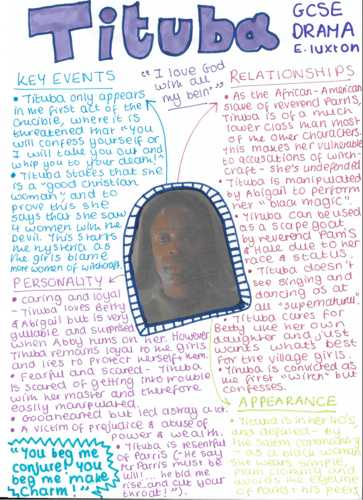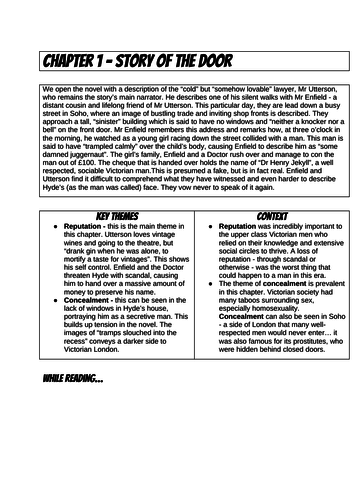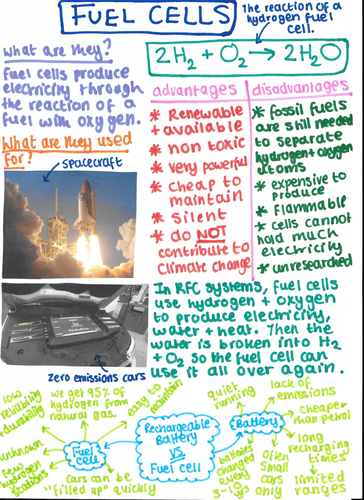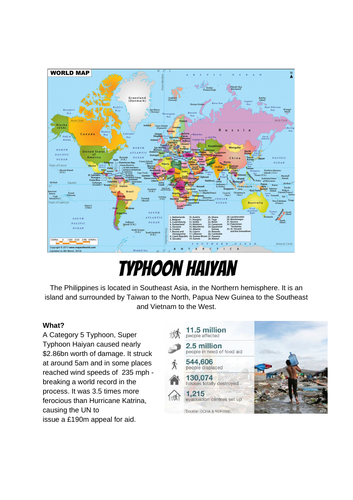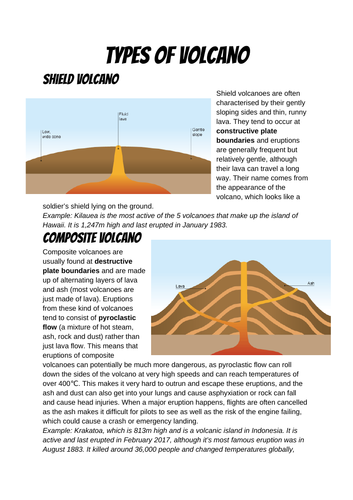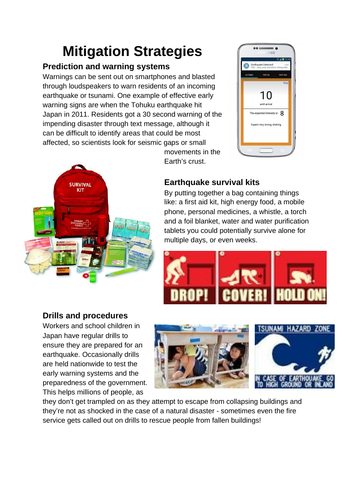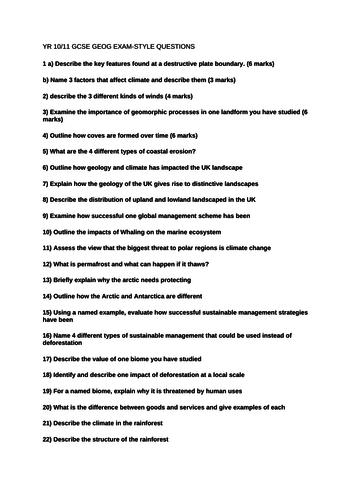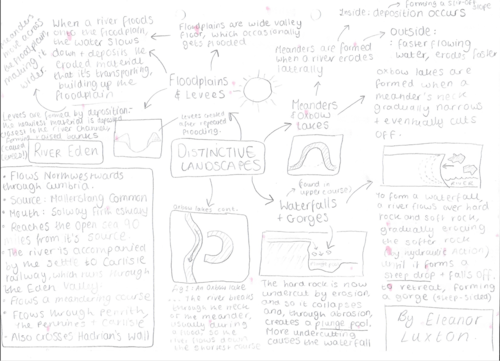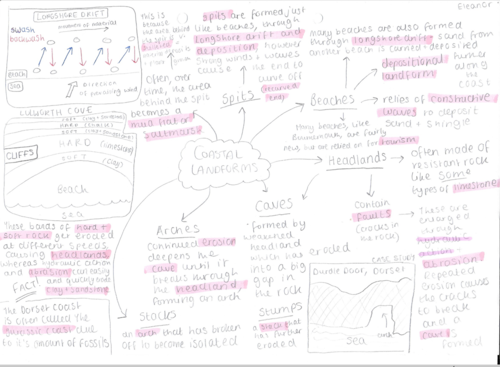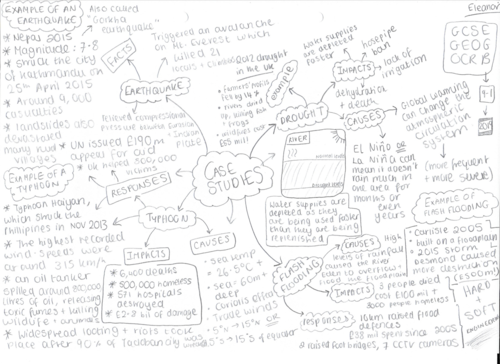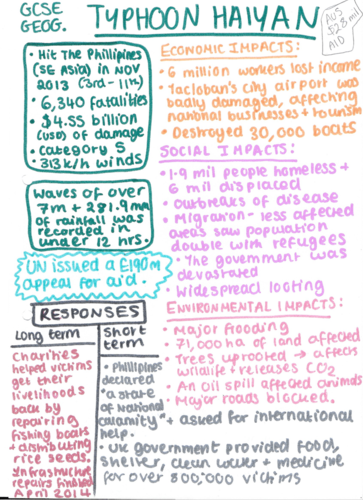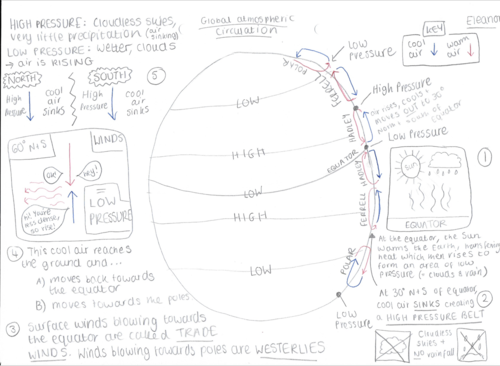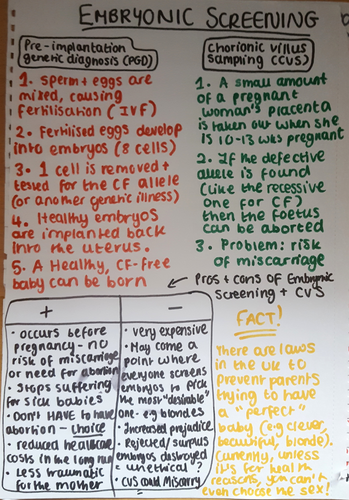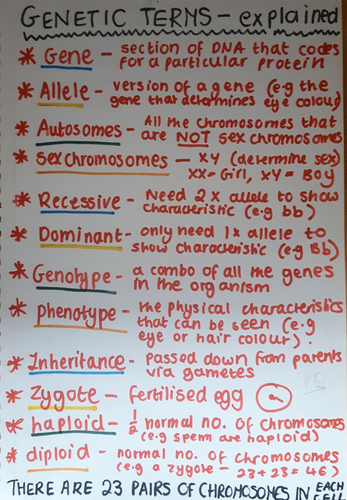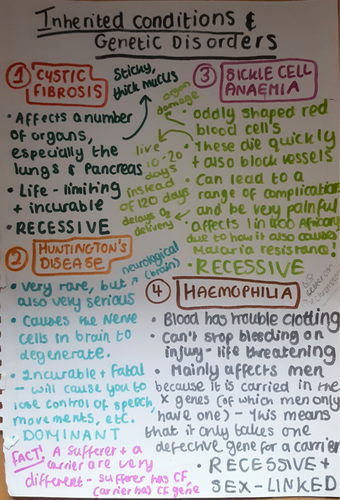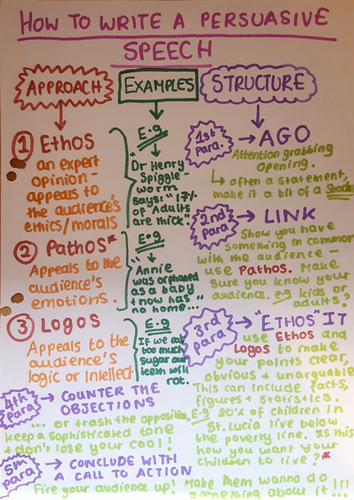
214Uploads
95k+Views
7k+Downloads
All resources

The Crucible GCSE Drama/English Character Profiles
Hand written character profiles of 10 main characters in the play “The Crucible” by Arthur Miller. Specifically drawn for the Edexcel GCSE 9-1 Drama course. Includes: Tituba, Abigail Williams, Elizabeth Proctor, John Proctor, Mary Warren, Judge Danforth, Parris, Reverend Hale, the Coreys and the Putnams. There is also a free additional sheet with summaries of some of the minor characters on it. Each sheet includes the character’s physical appearance, personality, quotes, key events and their relationships with other characters. Can be used for revision or in class and is a very useful tool when studying for exams.

GCSE Geography - Dynamic Development revision mind maps
A set of 6 mind maps and fact sheets that support revision of the OCR B 9-1 GCSE Geography course. All hand written and hand designed for the course.

GCSE Geography Mitigation strategies OCR B
This sheet is designed for GCSE Geog students on the OCR B course. Includes revision on building design, J-Alert, the Pacific Tsunami warning centre and seismometers. Can be used in class or set as part of a revision pack.

GCSE Geog OCR B - Zambia case study facts
A 4 page guide to industry, politics, tourist attractions and history in Zambia. Useful for in class or at home revision for GCSE Geog students - specifically designed for the OCR B course. Includes information about copper mining and the capital, Lusaka.

Jekyll and Hyde chapter 1&2 summaries GCSE English Literature
GCSE English Literature revision for Jekyll and Hyde. Specifically designed for the AQA course, higher students. Gives a brief summary of each chapter and some analysis of quotes. Great for revision and helping to remember the novel.

GCSE CHEMISTRY - Fuel cells
A colourful revision poster all about fuel cells. Includes a definition, equation, the uses of fuel cells and their advantages and disadvantages. Perfect for use in class or at home

GCSE GEOG - OCR B - Typhoon Haiyan factsheet
A factsheet designed for the OCR B course (9-1) which covers everything you could possibly want to know about Typhoon Haiyan.

GCSE GEOG - OCR B - Types of Volcano poster
3 pages all about shield and composite volcanoes, as well as info about hotspots. Includes case studies and examples as well as diagrams and a detailed explanation.

GCSE GEOG - OCR B - 2015 Nepal Earthquake fact sheet
6 pages of information all about the 2015 Nepal earthquake - a GCSE Geog case study. Can be used in class, or is really handy for revision.

GCSE GEOG - OCR B - Mitigation Strategies fact sheet
A handy fact sheet that can be used in class or for revision on mitigation strategies used in earthquakes. Focused on the new OCR B (9-1) course.

GCSE GEOG - OCR B - Exam style questions for Year 10/11
Geography exam questions for year 10 and 11 students, focusing on the first half of the course (e.g climate and change, global hazards, sustaining ecosystems and distinctive landscapes). Useful as a homework, for revision or as a starter activity

GCSE GEOG - OCR B - Distinctive Landscapes mind map
A great mind map for revision or in class use on waterfalls, gorges, floodplains, levees, meanders and oxbow lakes and even a case study on the River Eden.

GCSE GEOG - OCR B - Coastal landforms mind map
A mind map that’s handy for revision or use in class! Contains all the key knowledge on beaches, spits, headlands, bays, coves, etc. for GCSE Geog students on the new OCR B (9-1) course. Also explains swash, backwash and longshore drift.

GCSE GEOG - OCR B - Case study mind map
A mind map showing some key information on some of the case studies for GCSE Geog students studying the new OCR B course (9-1). Handy for revision or use in class. Includes a tropical storm, drought, flash flooding and earthquake.

GCSE GEOG - OCR B - Typhoon Haiyan case study fact sheet
A handy guide to a case study on tropical storms for the OCR B GCSE Geog course (9-1). Can be used for revision or in class.

GCSE GEOGRAPHY - OCR B- Global Atmosphere Circulation system
A handwritten guide to the GCSE Geography topic for students on the OCR B course. Perfect fro revision or use in class

GCSE Biology - Embryonic screening - CVS and PGD
A handwritten guide to everything a higher tier/triple science year 10/11 student will need to know on the two types of embryonic screening in their GCSE exams (designed for AQA 9-1 spec). Includes pros and cons and how PGD and CVS are carried out.

GCSE Biology - Genetic terms, explained
A useful handwritten sheet explaining genetic terms that will pop up in your GCSE Biology exam, under the topic genetic disorder and inherited conditions. These include: Gene, allele, phenotype and haploid to name a few! Useful for last minute revision in a colourful format with easy-to-understand definitions that will stick in your head! Designed for Year 10/11 students on the AQA 9-1 course.

GCSE Biology - Inherited disorders and genetic conditions revision factsheet
A handy factsheet suitable for Year10/11 higher tier/triple science students on the AQA 9-1 course. Covers 5 genetic disorders: Polydactyly, Haemophilia, cystic fibrosis, Huntington’s and sickle cell anaemia. Explains whether they are dominant or recessive alleles, signs and symptoms and key terms. Useful for last minute revision in a colourful and easy-to-understand format.

GCSE English - How to write a persuasive speech
A handy homemade guide full of tips and tricks to help you (or your GCSE English class!) write a persuasive speech. includes easy-to-understand definitions and examples as well as telling you how to structure your answer. Perfect for last minute revision or help with homework for more-able (top set) students in Years 10 and 11.

